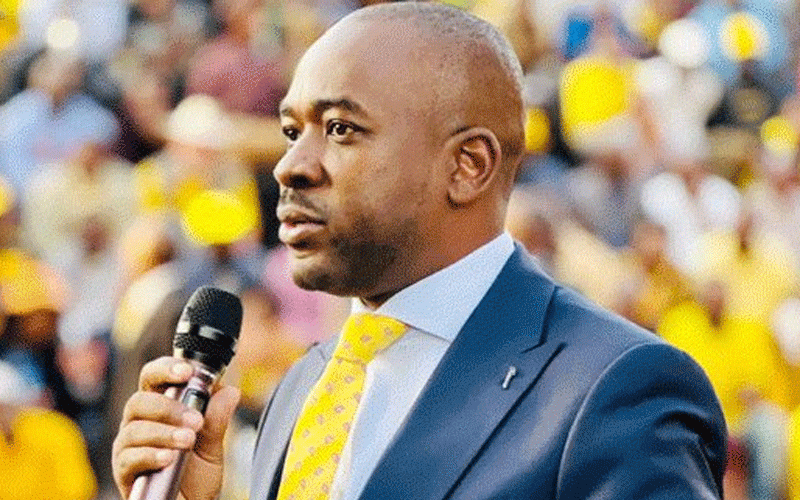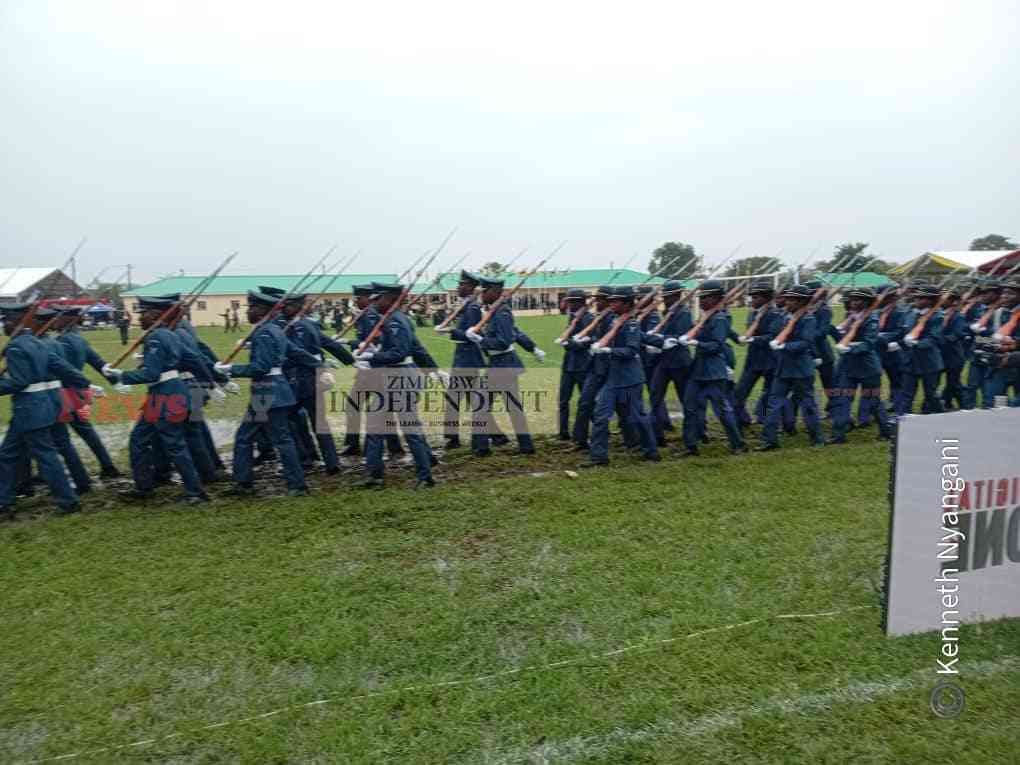
Almost four hundred years ago, while he was confined to prison for twelve years, John Bunyan wrote what some believe was the first book written in English, namely The Pilgrim’s Progress (with the added ‘From this world to that which is to come’). It has been attributed to have had a massive influence on many authors and thinkers alike, including Charles Dickens, Charlotte Bronte, John Steinbeck, Mark Twain and CS Lewis.
For those of us who may not have come across it (“Why would we be interested in something so old, after all?”, some would ask), it narrates the allegorical journey of a young man seeking to find his way through life, a life that sees him travel through such places as Doubting Castle, Vanity Fair, Valley of Humiliation, Delectable Mountains, Hill Lucre, Plain Ease and Slough of Despond while encountering such fellow travellers as Giant Despair and his wife Diffidence, Obstinate and Pliable, Worldly Wiseman and Legality. Yes, no doubt we have all been to such places and met such fellow beings, and none more so than those involved in sport. It behoves us therefore to ensure that our children know how to come through such occasions. Progress is what is important for a pilgrim, even through the tough places. Our children are meant to be pilgrim’s, especially in sport.
How then is that possible? How can people (not just pilgrims, though we are all pilgrims through this barren land) find their way through tough times, circumstances, situations, occasions? More specifically in our context here, how can our children progress in sport through difficult times? Malcolm Gladwell, in his book entitled David and Goliath, introduces us to a basketball team of non-sporting girls from Redwood City who were coached by a parent by the name of Ranadive who had little sporting pedigree or training. He watched how teams playing basketball tended to move up court to score the basket before retreating to their own court to try to defend their own basket and thought this strange. He therefore determined not to fight the way the bigger stronger taller teams fought; instead, to everyone’s surprise and disbelief, he had his team play a full-court press. The girls did not retreat to their court and wait for the opponents to come to them; they buzzed around under their noses the whole time and pressed them even before they got the ball to start again. They pressed and pressed and pressed, with the opponents making mistake after mistake.
Their secret was contained in the very word ‘progress’ — press. In modern soccer, teams now use such tactics, pressing their opponents on a high-line, all the way in their half, right up to the goalkeeper, instead of letting the opponents dictate their own tactics at their own speed. Put the opponents under pressure (that word ‘press’ again), press them hard and fast and non-stop, and the obstacles can be overcome. It works! Pressing leads to progressing. And progress is more important than success. Only one succeeds; all can progress. Progress is the journey.
Progress comes in pressing, in sport (as in life). The Bible writer Paul in one letter speaks of how “I press on toward the goal”, with the image of leaning forward into the wind, digging deep into reserves of strength, focussing on the next step – each part of the press process (‘press’ is in ‘process’ as well as in ‘progress’). That is why a young girl in a recent 4 km cross-country race could shave off an incredible thirty-five seconds off her best time in just one week! Progress, found in her Personal Best, was possible through pressing hard against the elements, against the opponents, including Giant Despair and Diffidence, Obstinate and Pliable, all muttering in the ear through the Valley of Humiliation, the Doubting Castle and Vanity Fair – all with the support of another of Bunyan’s characters, namely Faithful, in the form of the believing parent on the sidelines.
Pressing is persevering in the midst of difficulties, obstacles, challenges, hardships, problems; persevering after all contains the word ‘severe’. Progress can be tough but it is gained by pressing. Education, in sport and life, is about progress, not success; all can progress (amazingly, like the 4 km wonder-girl) even without winning (succeeding). A pilgrim is one who journeys to a far-off land, to find a better place. That basketball team found the way; that young girl found the way; it is time we helped others to do so. The secret to progress is press, with Personal Best as a companion. See how many people will be influenced when they read and discover that truth. It may take just 35 seconds!










